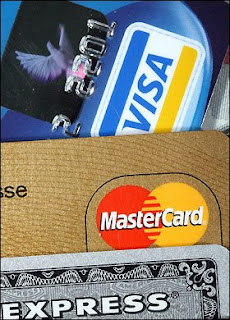We have all heard the stories about one bright idea that made someone a millionaire but even if you are devoid of inspiration it is possible to have a seven-figure bank balance.
The key is the sooner you start the better.
Editor of Smart Investor magazine, Nicole Pedersen-McKinnon, said anyone earning an average wage can retire with a comfortable cushion of cash beyond their superannuation account.
"When you're young you have time on your side so you only have to put aside small amounts to amass a huge amount in retirement," she said.
"If you put away just $190 a month into an 8 per cent bank account you'll have $1 million by retirement."
If you leave it until your forties to think about saving for your retirement it is harder but still within your grasp.
Nicole said a property may cost $350,000 now but when you are 65 it is worth well over $1 million.
Jenni Eason retired at age 50 with $2 million in the bank. She had the advantage of a background in accounting but she did not start investing seriously until age 30.
"Anyone can do it, it's just a matter of setting down working out what you can and can't do and making sure that you get in to a habit of saving and the earlier you do that the better," she said.
"If you haven't got the money you don't miss it."
Jenni took full advantage of the tax breaks of super contributions and has always followed the mantra of spending less than she earns.
"I like the lifestyle I want and I'm happy with. There's nothing that I want to do that I can't do."
Even though Jenni managed to retire at 50 she could have started her serious savings then and still had a million by retirement.
So what is the most common mistake?
Last year Australians lost $1 billion to scams so make sure you are protected and do not be a sucker.
"My number one tip to earning $1 million is developing a healthy sense of scepticism," Nicole said.


